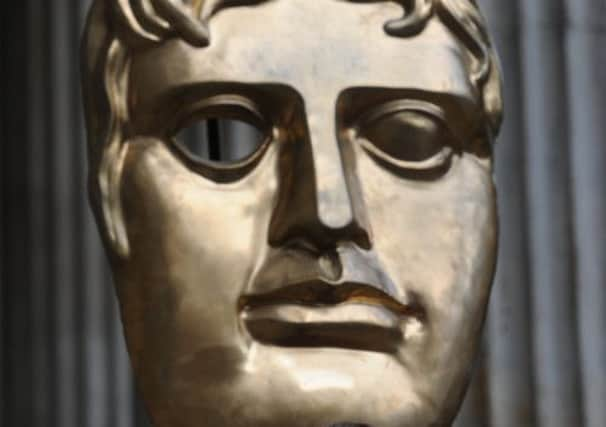Bid to fix vote for Bafta Scotland Award foiled


It has been alleged that an attempt was made to skew the Cineworld Audience Award, which will be announced at the Bafta Scotland Awards next Sunday.
Industry insiders claimed that manipulation of internet protocol (IP) addresses allowed individuals to bypass security systems on Cineworld’s Audience Award web page and vote multiple times for films.
Advertisement
Hide AdIn a statement, Cineworld confirmed there had been evidence of multiple voting but this had been caught. “We investigated immediately when it was flagged to us that a small number of ultra-determined fans had found a way of voting more than once,” a spokesman said. “Fortunately, when our tech guys crunched the data, it was easy to eliminate multiple votes from the same IP address. We’re confident our award will accurately reflect the views of real fans and look forward to making the big reveal next Sunday.”
Cineworld did not say whether multiple votes were made for one or more films.
Before the competition closed, visitors to the website were initially shown a bar chart representing how the poll was progressing after they registered their vote. This was later removed at Bafta’s request so as not to spoil the announcement of the winner at the awards.
The films up for the title are: I Am Breathing, We Are Northern Lights, Fire In The Night, Wee Man, The Devil’s Plantation, The Happy Lands, Blackbird and Sawney: Flesh Of Man.
Some of the titles, such as Fire In The Night and Wee Man, have been nominated in the official Bafta categories, where they were considered y a panel of six judges with relevant industry experience before a winner was chosen.
But the audience award category is driven by public profile and awareness, and is subject to strong social media campaigns encouraging people to both see and vote for a film.
Advertisement
Hide AdFans of I Am Breathing and We Are Northern Lights have been prolific in their use of the web to drum up support for their favourites. Last year’s winner, Fast Romance, though pilloried by critics, made full use of the web to court the public vote.
The open nature of the award has led to claims that it is potentially open to abuse as it allows people to vote for a film without having seen it, let alone being able to make a comparison with its rivals.
Advertisement
Hide AdOne industry insider said there was a strong case for axing the award and creating different categories to reflect the power of the internet.
“You should have a best social media campaign award for somebody who’s successfully got out there to promote their movie and prove the power of social media,” the insider said.
“Personally, I think they would be far better to have a critics’ award. It would carry a lot more water. It would have a lot more legitimacy and would be prized more by filmmakers if their film was chosen by a group of informed journalists.”
The Scotsman’s film critic Alistair Harkness said he believed the way in which Edinburgh International Film Festival ran its audience award meant it was more genuinely reflective of public taste.
“Votes are collated by people at the public screenings. You can only vote if you’ve actually seen the film, there’s no other way to do it, so it’s a genuine reflection of what audiences like. That’s the right way to do it. It’s a bit odd otherwise,” Harkness said.
He agreed that a critics’ award was a preferred option: “If there’s no way to do it through public screenings, like at Edinburgh, I think that a critics’ award would be the way to do it. That way, they can see all the films, have a proper debate and discuss which ones they like.”
Advertisement
Hide AdHe added that in addition to the effects of social media, the fact that some films had only been screened once or twice, while others had received numerous screenings, added to the unfairness of any public vote.
“I don’t want to take anything from the filmmakers but if you can’t prove that the public have seen it, then you can’t say it means more,” he said. “I understand the beauty of the public expressing their love of your film, but if you can’t actually prove that they’ve seen it, then it devalues that award a bit.”
Last night, a Bafta Scotland spokeswoman said: “We’re confident of the safeguards that have been put in place by Cineworld.”